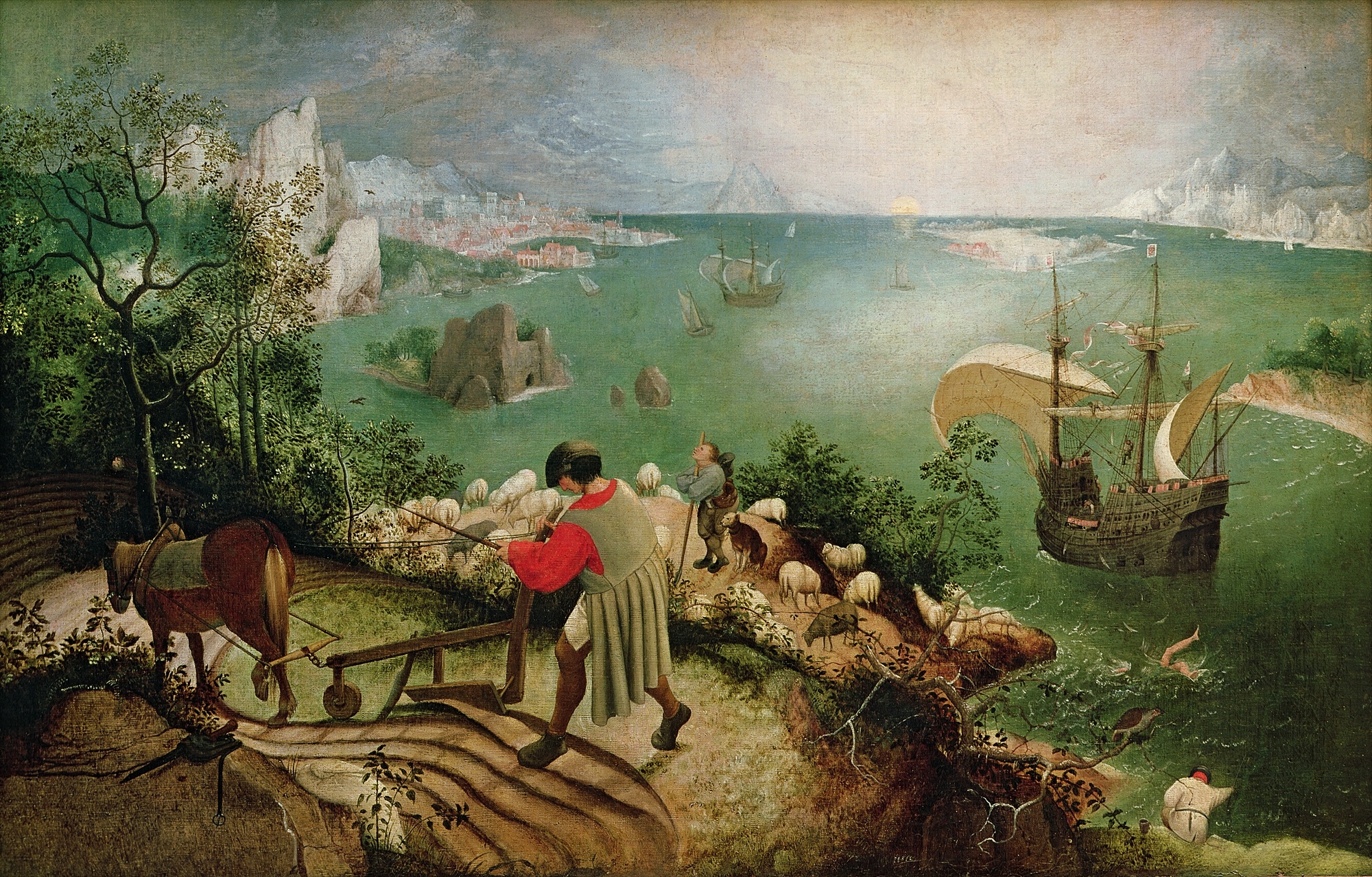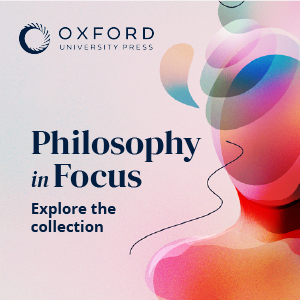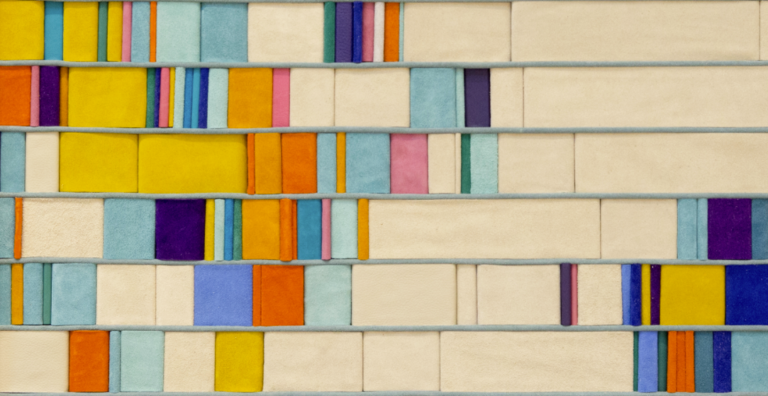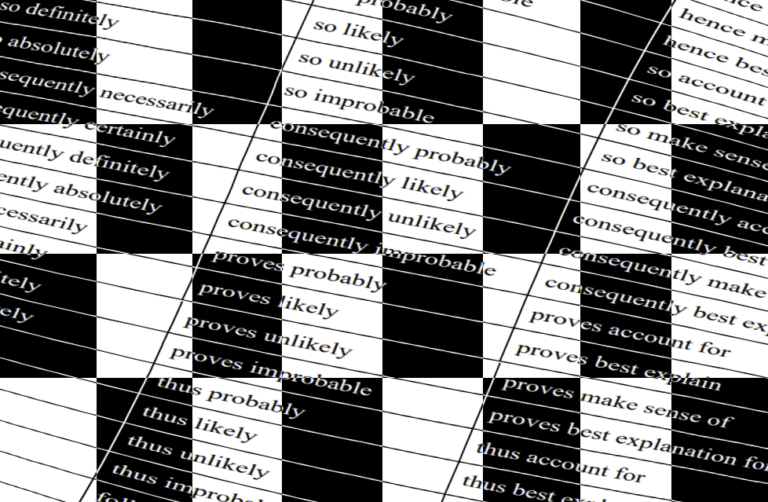Both Plato and Nietzsche are deeply interested in the power—and the danger—of myth-making, of art, of stories, of literature, of metaphors. This is at least part of the explanation for the distinctive styles and modes of writing that each has chosen.


Part of the answer Claire Kirwin (Clemson University), who completed the BPhil and MMathPhil at the University of Oxford before going on to get her PhD at the University of Chicago, gives has to do with her learning that philosophy “could attempt to do something like what art tries to do.” She says:
Philosophy at Oxford was primarily what is called ‘analytic’ philosophy, and I found it at first kind of frustrating. It seemed like philosophers were trying to do maths—trying to create proofs for theorems, or something like it—but with the wrong tools. In maths, a symbol used in a proof always has a clear and well-defined meaning; we make sure of that before we begin. But the concepts we use in philosophy aren’t like that. They’re borrowed from everyday life, and as a result they’re much more slippery and amorphous than mathematical terms. In everyday life, words are used for jokes and metaphors and instructions as well as for assertions, and their meaning shifts and changes from context to context. And so these borrowed words—‘freedom’, ‘good’, ‘real’, ‘existence’, ‘value’, ‘property’, ‘meaning’—did not seem to me suitable for the sort of quasi-mathematical manipulation that philosophers were seeking to do with them. The idea was presumably that with enough clarifications and distinctions, we’d manage to whittle the words down into well-defined units, appropriate building blocks for a proof. This struck me as misguided in a couple of ways. First, I was doubtful that these slippery creatures could really be made to work like that. But second, it seemed to me that if we succeeded in such an attempt, we would in doing so have whittled all the life out of the very things we were interested in. Concepts like ‘good’, or ‘freedom’, seemed to me important in part because of the way they point beyond our current understanding, beyond our attempts to define, towards real things, things that matter. And it was the stuff that mattered that I wanted to try to talk about, even if I wasn’t able, just then, to say clearly what exactly any of it was.
There are multiple ways to view philosophy’s value, and when a philosopher tells us about one of them, it’s an opportunity to see what one can learn or appreciate or recall from that perspective. So what philosophy or philosopher has gotten you to “see something” that might have been hard to see, or something that was “right in front of you, but that you missed, somehow”, and—be it big or small, familiar or novel, personal or objective, discouraging or hopeful, important or amusing—what was it?
The vague desire to talk about ‘stuff that mattered’ led me towards so-called ‘Continental’ philosophy. I wanted to read Nietzsche, because Nietzsche sounded cool, and I thought I could do some good all-black outfits to accompany my reading. I found him to be an intriguing and provocative interlocutor—irreverent, darkly comic, cuttingly insightful. It soon became clear to me, however, that some really interesting parts of Nietzsche’s thought were engaged with parts of the history of philosophy about which I had no knowledge. Schopenhauer was a crucial early influence on Nietzsche, for instance, and Schopenhauer’s philosophy is grounded on ideas he finds in “the divine Plato” and “the marvelous Kant”. So I worked my way backwards, reading Kant and eventually Plato.
The whole interview, which covers Professor Kirwin’s work on value, is here.
And reading these two authors, I started to get a sense of an alternate picture for what philosophy could be. Philosophy, I started to think, doesn’t need to take maths as its model. Rather, perhaps, it could attempt to do something like what art tries to do. And what is that? Well, something like this: art, and philosophy that follows in the footsteps of art, tries to get you to see something. Perhaps it is even just something that was already right in front of you, but that you missed, somehow. And with this sort of picture of philosophy in view, I started to think that perhaps I might like to try to be a philosopher.
I found Plato rather frustrating at first—or perhaps I should say it was Socrates I was reacting to: so irritating, with his smug manner and his little arguments that weren’t very good! ‘Isn’t this how it is with horses? And so mustn’t it be the same with humans too?’ No! And then a few pages later, he’d tell off an interlocutor for making just the same kind of mistake! Eventually, I realized that I was supposed to be getting wound up, and that something about Plato’s writing was genuinely succeeding at making me think. And just as I had wanted to move beyond philosophy as quasi-mathematical manipulation of linguistic objects, to try to think about ‘stuff that mattered’, I felt that Plato—perhaps striving beyond the Socratic fascination with definition—was trying to talk about, or anyway to point towards, the real things themselves.
At the beginning of his interviews of philosophers, Richard Marshall asks his subjects, “What made you become a philosopher?”
[Pieter Bruegel the Elder, “Landscape with the Fall of Icarus”]



